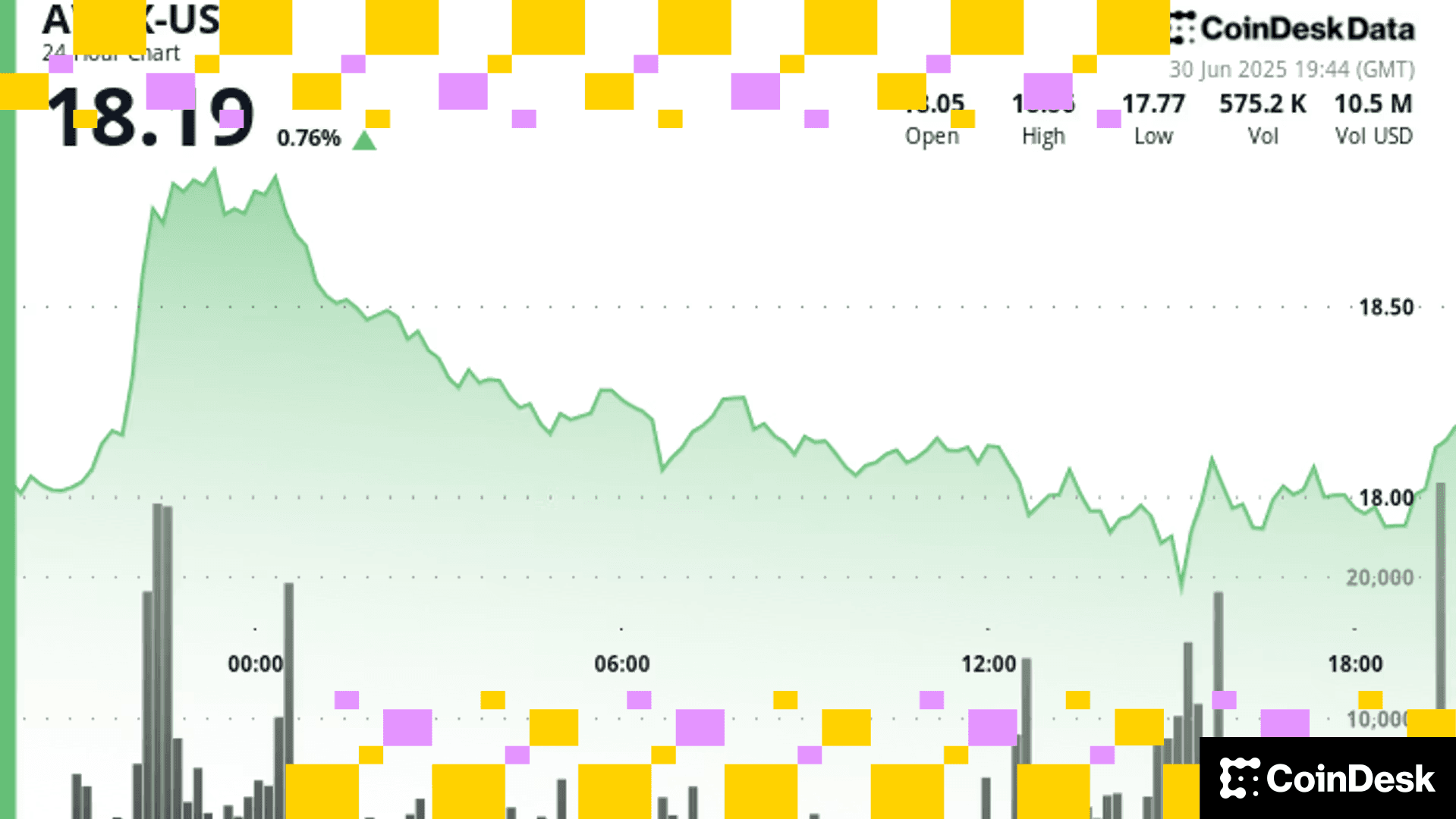El Salvador President Nayib Bukele to Present Debt-Free Budget for 2025
Bukele spoke during the commemoration of 203 years of El Salvador independence.

- El Salvador President Bukele expects to submit a 2025 government budget with no planned deficit.
- The 2024 budget had a $338 million deficit and the gap when Bukele became president in 2019 was $1.2 billion.
- In August, the International Monetary Fund announced that it had different discussions with Salvadoran authorities and “progress has been made in the negotiations toward a Fund-supported program.”
The president of El Salvador, Nayib Bukele, said he will submit a 2025 deficit-free budget to the Legislative Assembly.
“I announce that this September 30 we will present before the Legislative Assembly for the first time in decades the first fully financed budget, without the need to take a single cent of debt for current spending," said Bukele on Sunday, during the commemoration of the 203 years of El Salvador’s independence. "El Salvador will no longer spend more than it produces annually," he continued. "We will not even lend money to pay the interest on the debts that we inherited, we will even pay that from our own production."
"A more robust economy and a truly independent country will be seen, not only because it has more freedom and security but because it will be financially independent, fiscally independent," he added. "The new generations will inherit an economically prosperous country.”
El Salvador’s Finance Minister, Jerson Posada, detailed that it will be “the first time in decades that the country will have a budget that will not issue a single cent of debt, neither local nor foreign”, Diario El Salvador reported.
Bukele has an overwhelming majority in the Legislative Assembly, with 57 of the 60 total seats among legislators from his party, Nuevas Ideas (54), and allies (3).
The 2024 budget gap was $338 million on total spending of $9.1B, according to an official document published by the Assembly. The budget deficit when Bukele took office, in 2019, was $1.2 billion.
El Salvador is unable to print money to fund expenditures because in 2001 it imposed the U.S. dollar as legal tender. The country famously added bitcoin as legal tender in 2021.
Although there are no official documents on El Salvador's bitcoin purchases, the website NayibTracker — which put together a portfolio based on Bukele’s announcements — shows that the Central American country currently holds 5,874 bitcoins at a total value of $331.4 million, which represents an unrealized gain of 32.6% or $43 million.
Bukele last month acknowledged that “Bitcoin hasn't had the widespread adoption we hoped for ... it could have worked better, and there is still time to make some improvements, but it hasn’t resulted in anything negative.”
In August, the International Monetary Fund announced that it had different discussions with Salvadoran authorities and “progress has been made in the negotiations toward a Fund-supported program, focused on policies to strengthen public finances, boost bank reserve buffers, improve governance and transparency, and mitigate the risks from Bitcoin”.
Plus pour vous
Exchange Review - March 2025

CoinDesk Data's monthly Exchange Review captures the key developments within the cryptocurrency exchange market. The report includes analyses that relate to exchange volumes, crypto derivatives trading, market segmentation by fees, fiat trading, and more.
Ce qu'il:
Trading activity softened in March as market uncertainty grew amid escalating tariff tensions between the U.S. and global trading partners. Centralized exchanges recorded their lowest combined trading volume since October, declining 6.24% to $6.79tn. This marked the third consecutive monthly decline across both market segments, with spot trading volume falling 14.1% to $1.98tn and derivatives trading slipping 2.56% to $4.81tn.
- Trading Volumes Decline for Third Consecutive Month: Combined spot and derivatives trading volume on centralized exchanges fell by 6.24% to $6.79tn in March 2025, reaching the lowest level since October. Both spot and derivatives markets recorded their third consecutive monthly decline, falling 14.1% and 2.56% to $1.98tn and $4.81tn respectively.
- Institutional Crypto Trading Volume on CME Falls 23.5%: In March, total derivatives trading volume on the CME exchange fell by 23.5% to $175bn, the lowest monthly volume since October 2024. CME's market share among derivatives exchanges dropped from 4.63% to 3.64%, suggesting declining institutional interest amid current macroeconomic conditions.
- Bybit Spot Market Share Slides in March: Spot trading volume on Bybit fell by 52.1% to $81.1bn in March, coinciding with decreased trading activity following the hack of the exchange's cold wallets in February. Bybit's spot market share dropped from 7.35% to 4.10%, its lowest since July 2023.
More For You











